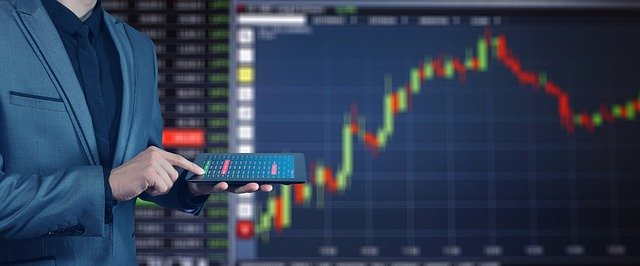It wouldn’t be Davos week without a CNBC exclusive interview with Bridgewater Associates’ Ray Dalio, the founder of the world’s largest hedge fund by assets under management and one of the most closely followed market commentators – at least, in the US.
Dalio has become well known in recent years for explaining his long-term thesis about the US economy and assets in a series of lengthy LinkedIn articles which he has also compiled into book form. And fortunately for those who are trying to decode his musings, his outlook hasn’t actually changed all that much since the start of the pandemic.
Toward the beginning of Tuesday’s interview, CNBC’s Andrew Ross Sorkin cut to the chase and asked Dalio directly: is cash still “trash”? Dalio has been criticizing investors who opted to keep their powder dry for years now, repeating his mantra even as markets cratered during the spring of 2020.
And now?
“Of course cash is still trash,” Dalio replied. “Do you know how fast you’re losing buying power in cash?”
Unfortunately, this doesn’t mean that investors will be much better off keeping their money in stocks or bonds, because “equities are trashier”.
During a time when inflation is weighing heavily on real returns, Dalio said investors would be better off with ’real’ assets like real estate – a position that was reflected yesterday in a piece by Guggenheim’s Scott Minerd, who said he expects real estate and art to outperform stocks over the next five years.
After a decade of blockbuster equity returns, Dalio explained that the problem is too many investors are crowded into stocks. And while the past few months have been characterized by relentless selling, there’s still plenty of froth that needs to be taken out of the market before an equilibrium can be achieved.
“Here’s the dynamic that I think is a problem: everybody is long equities, and everybody wants everything to go up.”
“The more they hype it the more it becomes somebody else’s financial asset they’re holding. You can’t have that, so you’re going to have an environment of negative real returns. Everything can’t go up all the time, that system won’t work that way,” Dalio explained.
As the U.S. economy overheats and Americans struggle with the worst inflation in forty years and as inflation has become a global phenomenon, is it possible for the Federal Reserve to achieve its hoped-for ‘soft landing’ for the economy?
Dalio doesn’t think so.
Can the Fed reduce demand without breaking the back of the economy? Sorkin asked. “The answer is no,” Dalio replied.

